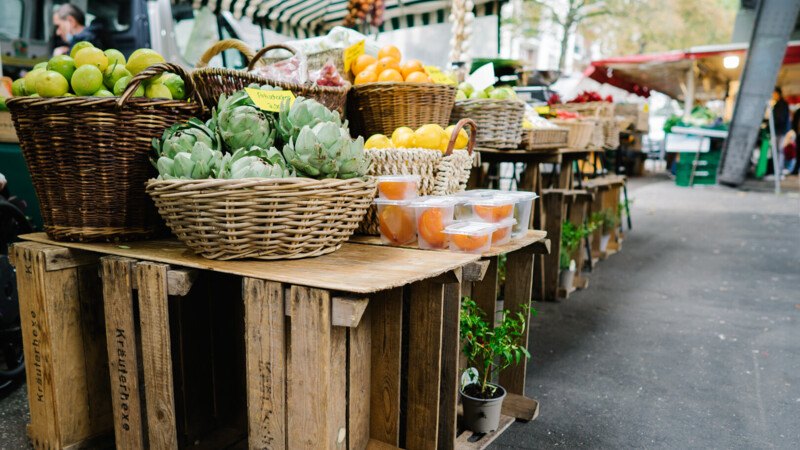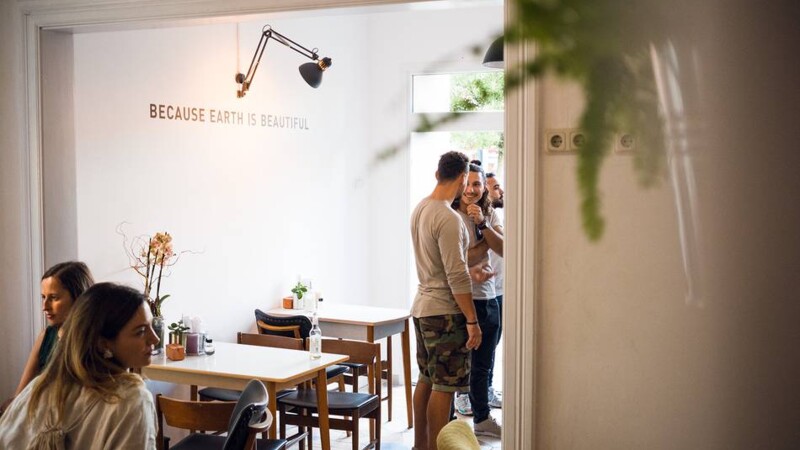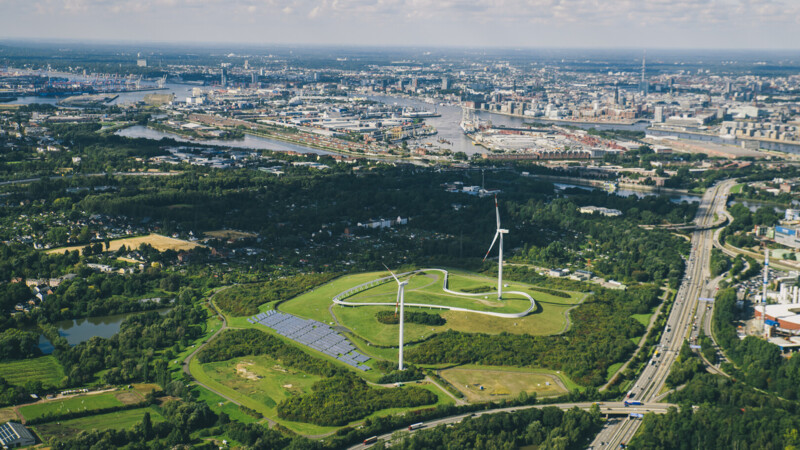Around 12 million tons of food are wasted every year in Germany alone, according to the Welthungerhilfe relief agency. "We are wasting urgently needed resources and harming the environment and the climate. Many places in Hamburg are already committed to combatting food waste," Gallina said. The "aufgefangen" initiative is another local effort to counter this trend. Supermarket chains such as Edeka and Rewe, the zero-packaging Unverpackt food shops as well as TUI Cruises and the Hamburg Sports Club (HSV) have vowed to work closely with producers and restaurateurs to promote a more sustainable approach to food backed by the Hamburg Climate Protection Foundation. An online advice service is now publicly available. TUI Cruises, for instance, has supplied food banks since 2020 on the heels of an initiative by the Ministry for Justice and Protection. Until then, uneaten food on ships had to be destroyed when a cruise ship called to a port.
Companies across the food sector and in retail, catering, tourism and consumer protection have launched an initiative called "aufgefangen" to prevent good fruit and vegetables, cheese, milk and bread from being thrown away in Hamburg. To this end, Anna Gallina, Senator for Consumer Protection, and Karin Gaedicke of the Hamburg Climate Protection Foundation, recently inaugurated the food sharing "Fairteiler" project at Gut Karlshöhe.
Initiative to boost networking and exchange
First "Hamburg Dialogue against Food Waste" in autumn
As part of the "Fairteiler" project in Bramfeld, private households and businesses can donate good, edible food which is then stored in refrigerators and on shelves and is available to everyone. Preparations are also underway for the 1st Hamburg Dialogue against Food Waste on October 5-6, 2022. Then, experts will discuss practical solutions and best-practice examples on the invitation of the Ministry for Justice and Protection and the Hamburg University of Applied Sciences (HAW Hamburg).
sh/sb/pb
Sources and further information
More
Similar articles

Senate plans new food cluster to boost industry in Hamburg

Zero waste café picks up a trend

Hamburg cannot let up on path to climate neutrality
